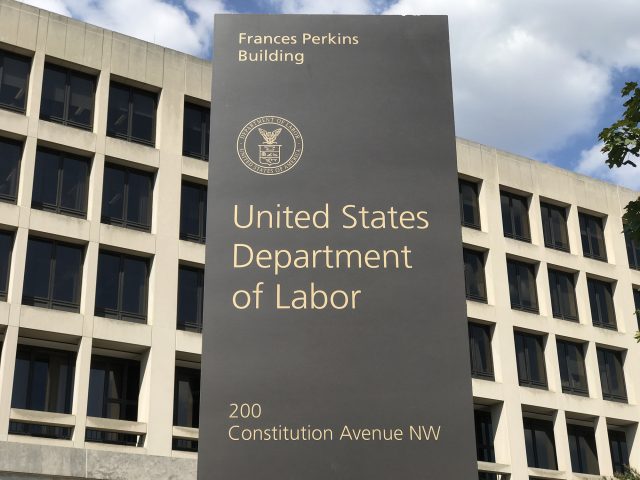
Employer Matching and 401(k) Saving: Evidence from the Health and Retirement Study
Abstract
Employer matching of employee 401(k) contributions can provide a powerful incentive to save for retirement. We examine the effect of matching on 401(k) saving accounting for non-linearities in the intertemporal budget set. We use detailed administrative contribution, earnings, and pension plan data from the Health and Retirement Study and estimate that the elasticity of contributions with respect to matching is 0.15-0.27 overall, with sixty percent of this effect on the participation margin and the remaining forty percent on the intensive margin. The estimated after-tax cross-price elasticity of 401(k) contributions with respect to IRA saving is -0.60, which suggests 401(k)s and IRAs are substitutes in tax-deferred saving. We find no evidence of endogenous worker sorting based on the discount rate to plans that offer matching.






